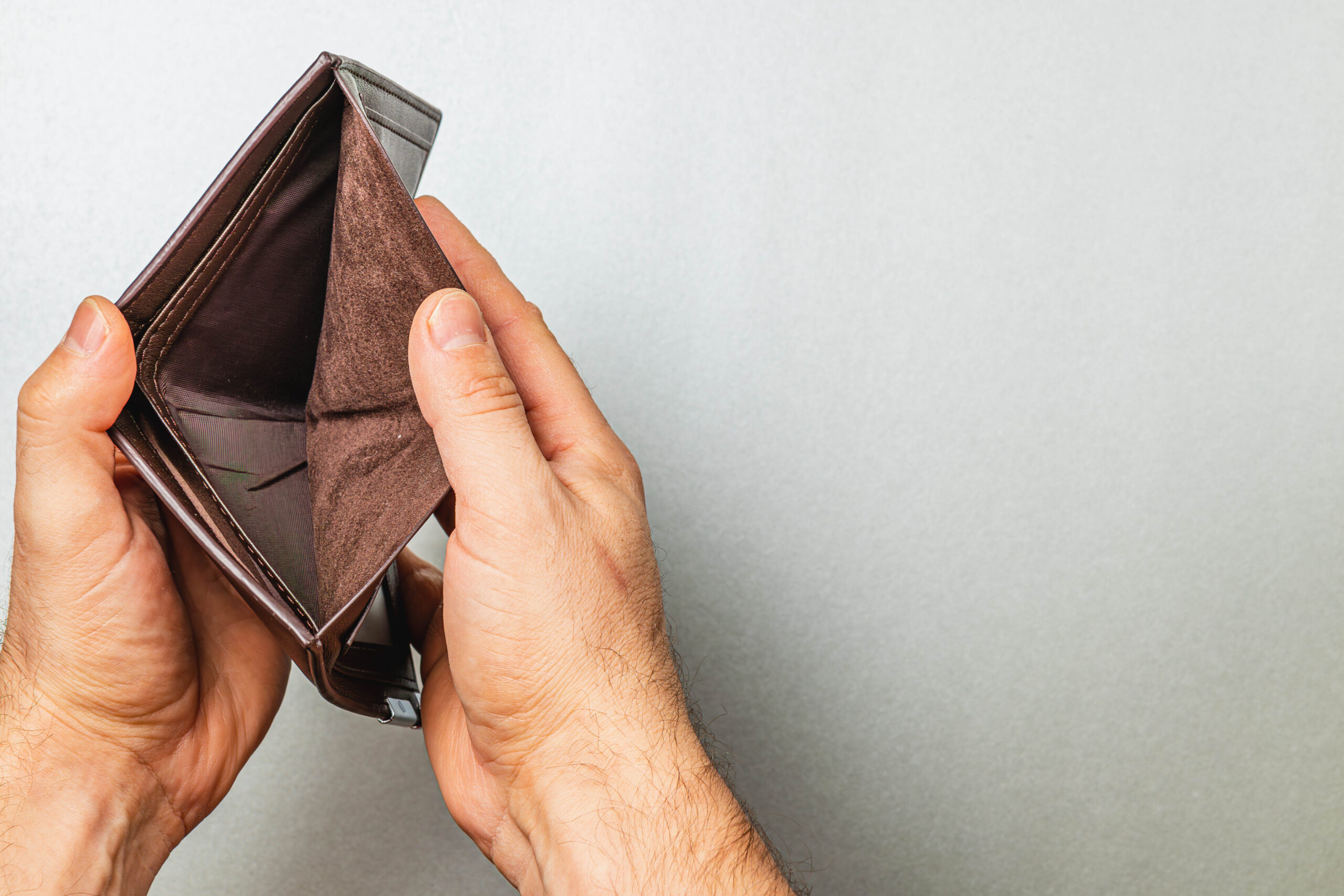Sometimes it’s not about how much you make, but how you manage what you already have. Check out practical ways to shift your daily habits and explore smart tools that can help you break the cycle of living paycheck to paycheck.
The Truth About Financial Habits
Money struggles aren’t always the result of bad luck or low income. Often, they’re tied to small habits that drain your wallet without you even noticing. These habits can become part of your routine, making it hard to save, invest, or build a safety net.
But the good news is that habits can be changed. By recognizing what’s keeping you stuck and making a few small changes, you can start to move forward financially—no big income boost required.
Habit #1: Living Without a Budget
It might not sound fun, but skipping a budget is one of the fastest ways to stay broke. Without a plan, it’s easy to overspend, miss bills, or forget to save.
How to fix it: Start tracking your income and expenses. You don’t need anything fancy—just write it down, use a spreadsheet, or try a free app like Goodbudget or EveryDollar. Once you see where your money is going, you’ll have more control over how to use it.
Habit #2: Relying on Credit for Everyday Spending
If you’re constantly using credit cards to cover basics like groceries or gas, it’s a sign that your spending is outpacing your income. This habit can lead to growing debt and expensive interest charges.
How to fix it: Use a debit card or cash for daily spending. Try the envelope method—set aside a certain amount of money for categories like food or gas and stop spending when it’s gone. If you must use credit, pay off the balance in full each month to avoid interest.
Habit #3: Ignoring Small Expenses
Grabbing a daily coffee, paying for multiple streaming services, or constantly ordering takeout might not seem like a big deal—but over time, these small costs add up fast.
How to fix it: Review your subscriptions and cancel anything you don’t use often. Cut back on takeout by planning easy meals at home. You don’t have to cut everything out—just be intentional about what stays in your budget.
Habit #4: Not Having an Emergency Fund
Living without any savings means one unexpected bill—like a car repair or medical cost—can throw off your entire month. That stress can lead to late fees, more debt, and financial anxiety.
How to fix it: Start small. Aim to save just $10 a week. Use a separate savings account at a bank like Ally or Chime to keep it out of sight and less tempting to spend. As you build the habit, slowly increase how much you set aside.
Habit #5: Keeping Up With Others
Trying to match your friends’ spending—on clothes, cars, gadgets, or vacations—can quietly destroy your financial progress. It’s easy to fall into the trap of comparing lifestyles, especially on social media.
How to fix it: Focus on your own goals. Ask yourself: “Will this purchase bring me closer to financial freedom or further away?” If it’s the latter, it might not be worth it. Try following personal finance creators on YouTube or TikTok for motivation and budgeting tips instead of shopping inspiration.
Habit #6: Not Setting Financial Goals
If you don’t have a goal, it’s hard to stay motivated. Without direction, you’re more likely to spend without thinking and miss out on chances to save or invest.
How to fix it: Create one small goal, like saving $100 for emergencies or paying off a $200 credit card balance. Once you hit that, move on to the next. Use goal-tracking apps like Qapital to make saving automatic and visual.
Habit #7: Avoiding Your Debt
It’s tempting to ignore bills when money is tight. But avoiding debt doesn’t make it go away—it often makes it worse. Interest piles up, and your credit score can take a hit, which affects your ability to get affordable loans or even housing.
How to fix it: Make a list of all your debts, including balances, interest rates, and minimum payments. Pick a payoff strategy like the snowball or avalanche method, and start with just one. Use free tools like Undebt.it to build a plan and track your progress.
Habit #8: Not Investing for the Future
It’s easy to think investing is only for people with money to spare. But waiting too long to start can hurt your long-term growth, especially since time is the biggest factor in building wealth through investing.
How to fix it: Open a basic investing account through Fidelity, Charles Schwab, or use micro-investing apps like Acorns. Start with just $5 a week. Many apps offer automatic investing features, so you don’t have to think about it once it’s set up.
Habit #9: Putting Off Financial Education
Many people stay broke simply because they never learned how money works. If you don’t understand interest, budgeting, or credit, it’s hard to make smart choices.
How to fix it: Set aside 10 minutes a day to learn something new. Websites like Investopedia, NerdWallet, or even your local library can teach you the basics. Podcasts and videos can also be a great way to pick up tips on the go.
Final Thoughts
Breaking bad money habits doesn’t happen overnight, but small, consistent changes can completely shift your financial future. Start by choosing one habit to work on this week. With a little awareness and effort, you can stop staying broke—and start building a life that gives you more freedom and peace of mind.
Sources
Goodbudget
EveryDollar
Chime
Investopedia – Debt Snowball
Investopedia – Debt Avalanche
Undebt.it




